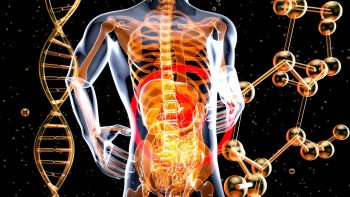According to the guidelines on fatty liver written by the American Association for the Study of Liver Diseases and published in the journal Hepatology, the fundamental axis of treatment for this disease is diet and physical exercise.
The importance of a balanced diet
In relation to diet, foods containing excess calories, fat, carbohydrates and sugary soft drinks should be avoided. If fatty liver is caused by overweight, it is essential to follow a diet to lose weight (low in carbohydrates or low in fat, intermittent fasting,…). In this sense, the Mediterranean diet based on fish, vegetables, olive oil, etc. is useful for fatty liver and also improves cardiovascular health. Coffee intake (at least three cups a day) is beneficial for fatty liver, despite of the caffeine content.
On the other hand, physical exercise, regardless of weight loss, is important in the treatment of fatty liver. Dr. Carreño and the Foundation’s team of hepatologists recommend practicing aerobic exercises (walking, swimming, cycling…) at least 3 hours per week.
The problem of obesity
In patients with morbid obesity (Body Mass Index > 35 – 40 Kg/m2) bariatric surgery is indicated. There are various techniques but all of them reduce the capacity of the stomach, which limits food intake and causes decreased appetite. In a study with serial liver biopsies, a significant decrease in liver fat was found in 80% of patients who underwent bariatric surgery at 5-year follow-up.
Drugs that can help
It has been shown that vitamin E at a dose of 800 IU is effective in the treatment of fatty liver, with improvement in liver histology and a decrease in transaminase values equal to or greater than 30% compared to baseline values. If there is an increase in cholesterol or triglycerides, it is necessary to normalize them using statins or fibrates to avoid fat deposits in the liver.
There are two drugs used to treat diabetes that seem to be effective for fatty liver: liraglutide and semaglutide. These drugs produce weight reduction in patients (up to 20% compared to baseline weight) and improve fatty liver.
Finally, in Dr. Carreño’s experience, when an increase in gamma-glutamyl transpeptidase (GGTP) predominates in the laboratory profile of a patient with fatty liver, treatment with ursodeoxycholic acid is very useful.



